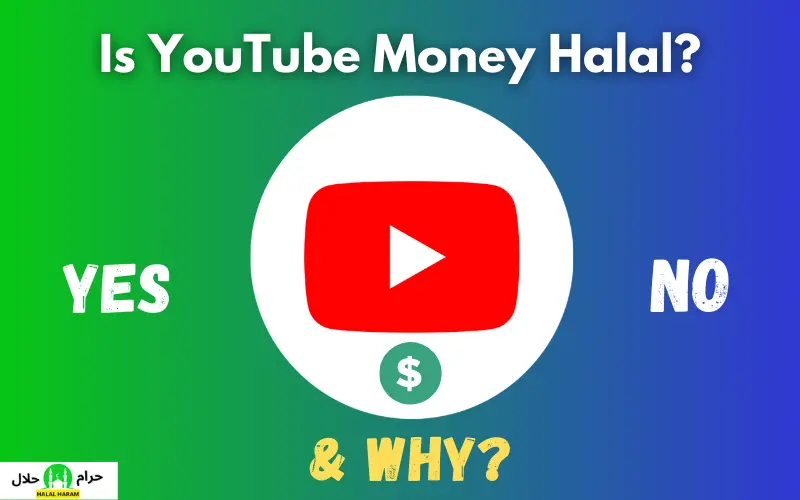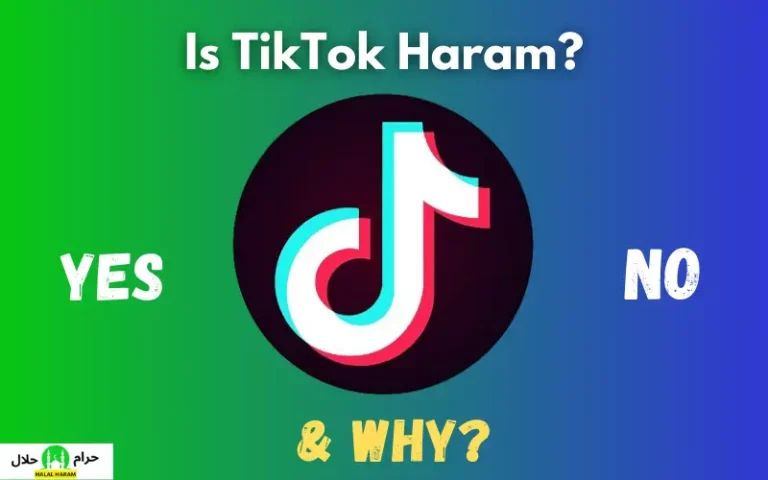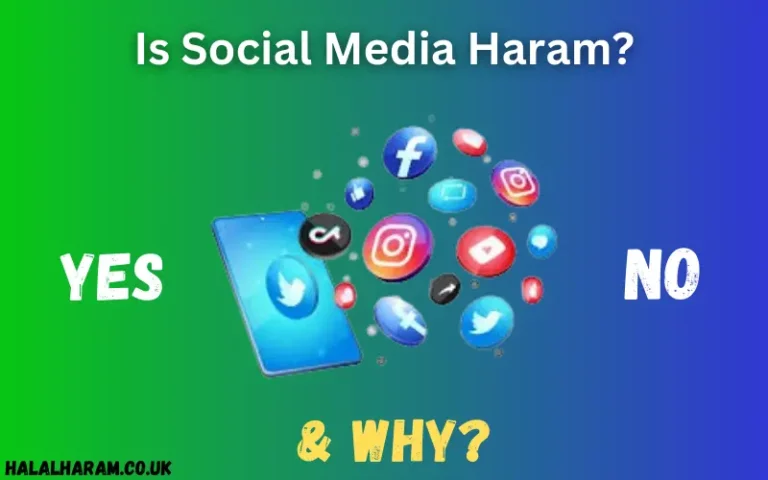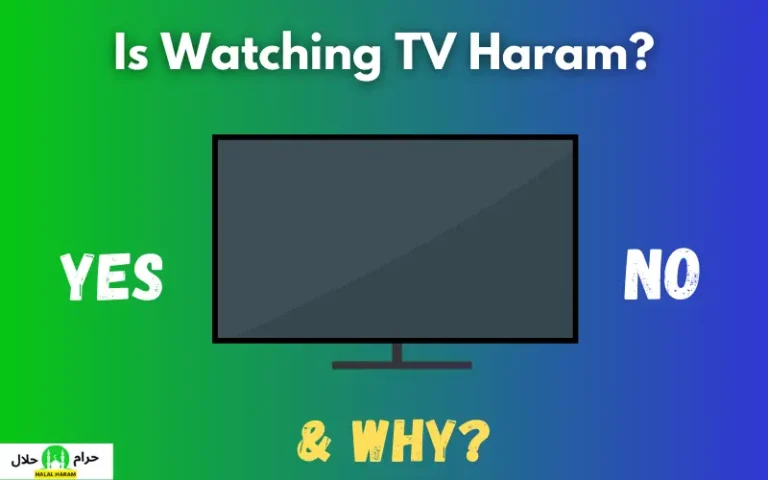Is YouTube Money Halal In Islam?
YouTube is one of the largest video sharing platforms in the world. It allows users to upload, view, and share videos on a variety of topics.
With its popularity, the earning potential through YouTube has also increased. Content creators, who upload videos regularly, can earn money through advertisements, sponsorships, and other forms of monetization.
This has led to an important question for the Muslim community, is YouTube money halal in Islam?
If you’re also a YouTube creator or planning to start your own YouTube channel, it is important to understand the Islamic perspective on earning money through this platform. So let’s clear the doubt today.

Is YouTube Money Halal?
YouTube money can be halal or haram depending on the content being created, promoted, and monetized.
Islam encourages its followers to engage in lawful and ethical means of earning money. Any income that is acquired through dishonest or unethical means is considered haram (forbidden).
Therefore, it is essential to analyze the content and means used to earn money on YouTube.
You should know that YouTube itself is not haram as it is merely a platform that allows you to share videos. It is the content and monetization method that matters.
If you know how to earn halal income on YouTube, then it is not only permissible but also a great way to spread knowledge and inspire others.
You can also learn is social media haram.
Factors To Consider To Earn Money On Youtube
1. Content:
The type of content you create on your channel must be in accordance with Islamic principles. It should not promote anything that goes against the teachings of Islam, such as vulgarity, violence, or illegal activities.
Not only you should follow Islamic guidelines on creating content but also make sure that the content is educational, beneficial, and serves a good purpose.
You should not cheat your audience by creating fake content, misleading titles, or thumbnails to get more views. This is not only unethical but also goes against the principles of Islam.
2. Monetization Methods:
As a YouTube creator, you can earn money through advertisements, sponsorships, affiliate marketing, and merchandise sales.
However, all these monetization methods can be halal or haram depending on the content being promoted.
Advertisements: Advertisements should not promote anything that is against Islamic principles, such as haram drink, bet, or other prohibited items. If your channel mainly promotes these types of products, then it would be considered haram income.
To avoid this make sure your content category or niche complies with Islamic principles, and block some haram category ads from Google Adsense.
To do this, go to your AdSense account > brand safety > blocking control > choose any Categories section (Must do from sensitive category).
Here you can block ads from any categories that are not by Islamic principles.
Sponsorships: Sponsorship deals should also be scrutinized to ensure they comply with Islamic principles. You should only promote products or services that are halal and beneficial for your audience.
You should avoid promoting products that go against the teachings of Islam, such as haram drinks beverages, tobacco, or other haram items.
Affiliate Marketing: Similar to sponsorships, you should only promote products or services that are halal and beneficial for your audience. You should also avoid promoting items that are harmful or unethical practices.
Merchandise Sales: You can also sell merchandise related to your channel, but again it should be in accordance with Islamic principles.
For example, you can sell t-shirts or mugs with positive messages, but avoid selling items that promote violence or vulgarity.
3. Intention:
Lastly, the intention behind creating and monetizing your YouTube channel is crucial.
If your main goal is to spread knowledge, inspire others, and earn a halal income in the process, then it is permissible in Islam.
However, if your primary intention is to gain fame or wealth through unethical means, then it would be considered haram.
As a Muslim, your intention should always be to please Allah and follow His teachings.
If you’re also a Tiktok creator or user you must learn is Tiktok halal.
FAQs
Q. Is it permissible to earn money from YouTube if the content is not religious?
A. Yes, as long as the content does not go against Islamic principles and follows ethical and lawful means of monetization.
Q. How to make sure Adsence earnings from YouTube are halal?
A. To ensure your Adsense earnings are halal, make sure your content is halal and you’ve blocked any haram category ads. Also, you can give some portion of your earnings to charity as a precaution.
Q. Can I promote Haram products on my YouTube channel if it is not my main source of income?
A. No, you should avoid promoting haram products or services on your channel, regardless of whether it is your main source of income or not.
Conclusion
In conclusion, earning money through YouTube can be halal as long as the content and monetization methods are by Islamic principles.
As a Muslim, you have the responsibility to ensure your content is educational, beneficial, and serves a good purpose. You should also be mindful of the products or services being promoted on your channel and ensure they are halal and ethical.
Moreover, your intention behind creating and monetizing your YouTube channel should always be to please Allah and follow His teachings.
With this understanding, you can confidently continue creating and earning through YouTube while staying true to your faith.
I hope your search for is Youtube money halal in Islam has been answered, and you now have a better understanding of how to earn halal income on this platform. May Allah bless your efforts and grant you success in both this life and the hereafter.




